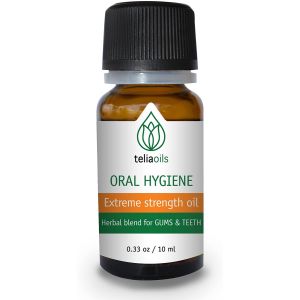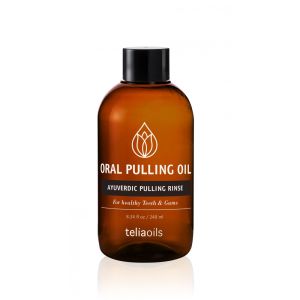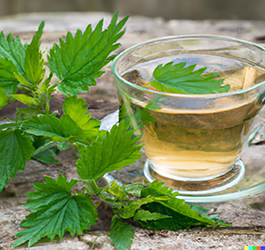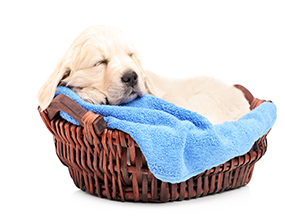How To Cope With Bad Breath

Bad breath, also known as halitosis, is a common problem that affects many people. It can be embarrassing and may even impact your social life and relationships. If you are struggling with bad breath, it's important to understand the underlying causes and take steps to address the issue. In this article, we will explore how to cope with bad breath and offer tips on how to maintain good oral hygiene.
Reasons That Give Rise To Bad Breath
Poor Oral Hygiene
One of the most common causes of bad breath is poor oral hygiene. When food particles and bacteria build up in the mouth, they can produce a foul odor. To combat this, it is important to brush your teeth twice a day and floss daily to remove food particles and plaque from between the teeth and along the gum line. It is also important to clean your tongue, as bacteria can accumulate on the tongue and contribute to bad breath.
Dry Mouth
Another cause of bad breath is dry mouth. Saliva plays an important role in keeping the mouth clean and neutralizing the acid produced by bacteria. When the mouth is dry, bacteria can thrive and produce an unpleasant odor. To combat dry mouth, it is important to stay hydrated by drinking plenty of water throughout the day. You may also want to avoid alcohol and caffeine, which can contribute to dry mouth.
Gingivitis And Periodontitis
Gingivitis and periodontitis, two common forms of gum disease, can also contribute to bad breath. These conditions occur when bacteria build up along the gum line, causing inflammation and infection. If left untreated, gum disease can lead to tooth loss and other serious complications. To prevent gum disease and bad breath, it is important to brush and floss regularly and visit your dentist for regular cleanings and checkups.
Foods And Drinks
Certain foods and drinks can also contribute to bad breath. Garlic, onions, and strong spices are common culprits, as are coffee and alcohol. If you are experiencing bad breath after consuming these foods and drinks, it may be helpful to avoid them or to chew sugar-free gum or use mouthwash to mask the odor.
Thinks You Can Do If You’re Struggling With Bad Breath
Visit A Dentist
If you are struggling with bad breath despite practicing good oral hygiene, it is important to see your dentist or doctor. They can help to diagnose any underlying conditions, such as gum disease or acid reflux, which may be contributing to your bad breath. They may also recommend specialized treatments, such as antibiotics or mouthwashes, to help manage your symptoms.
Chewing Gum, Mouthwash, And Water
In addition to addressing the underlying causes of bad breath, there are several things you can do to cope with the condition. Chewing sugar-free gum or using mouthwash can help to mask the odor and freshen your breath. Drinking plenty of water and staying hydrated can also help to neutralize odors and promote healthy saliva production.
In conclusion, bad breath is a common problem that can be caused by a variety of factors. By practicing good oral hygiene, staying hydrated, and addressing any underlying conditions, you can manage your bad breath and enjoy fresh, healthy breath. With a little extra care and attention, you can maintain a healthy, odor-free oral cavity and enjoy a confident, fresh smile.

 de
de el
el











